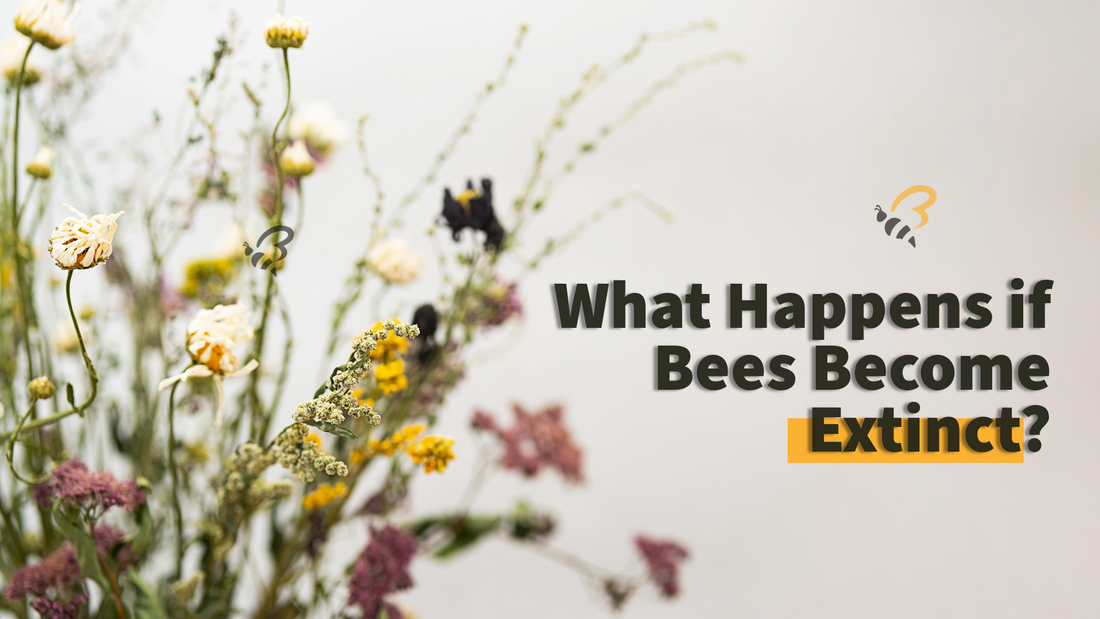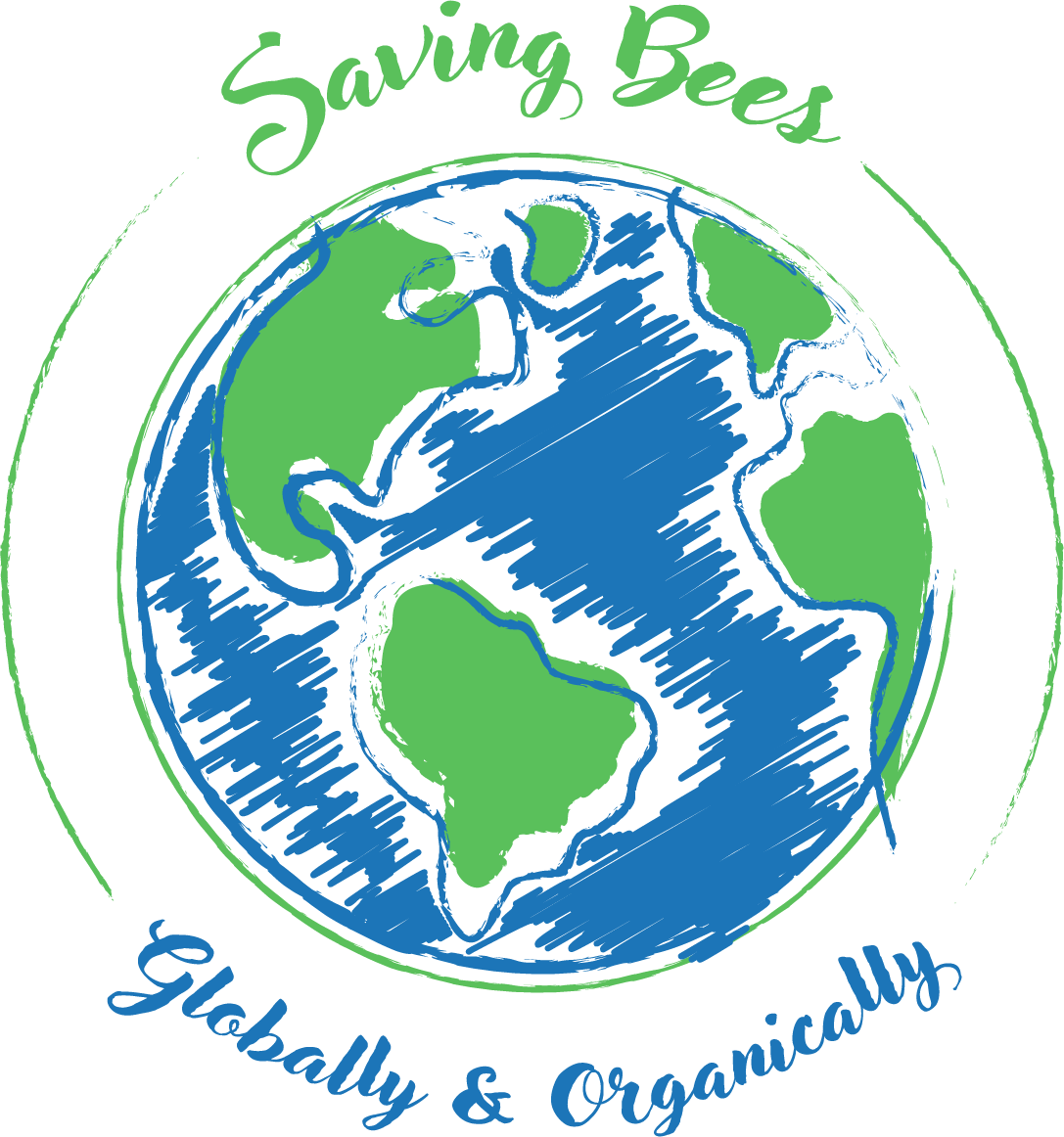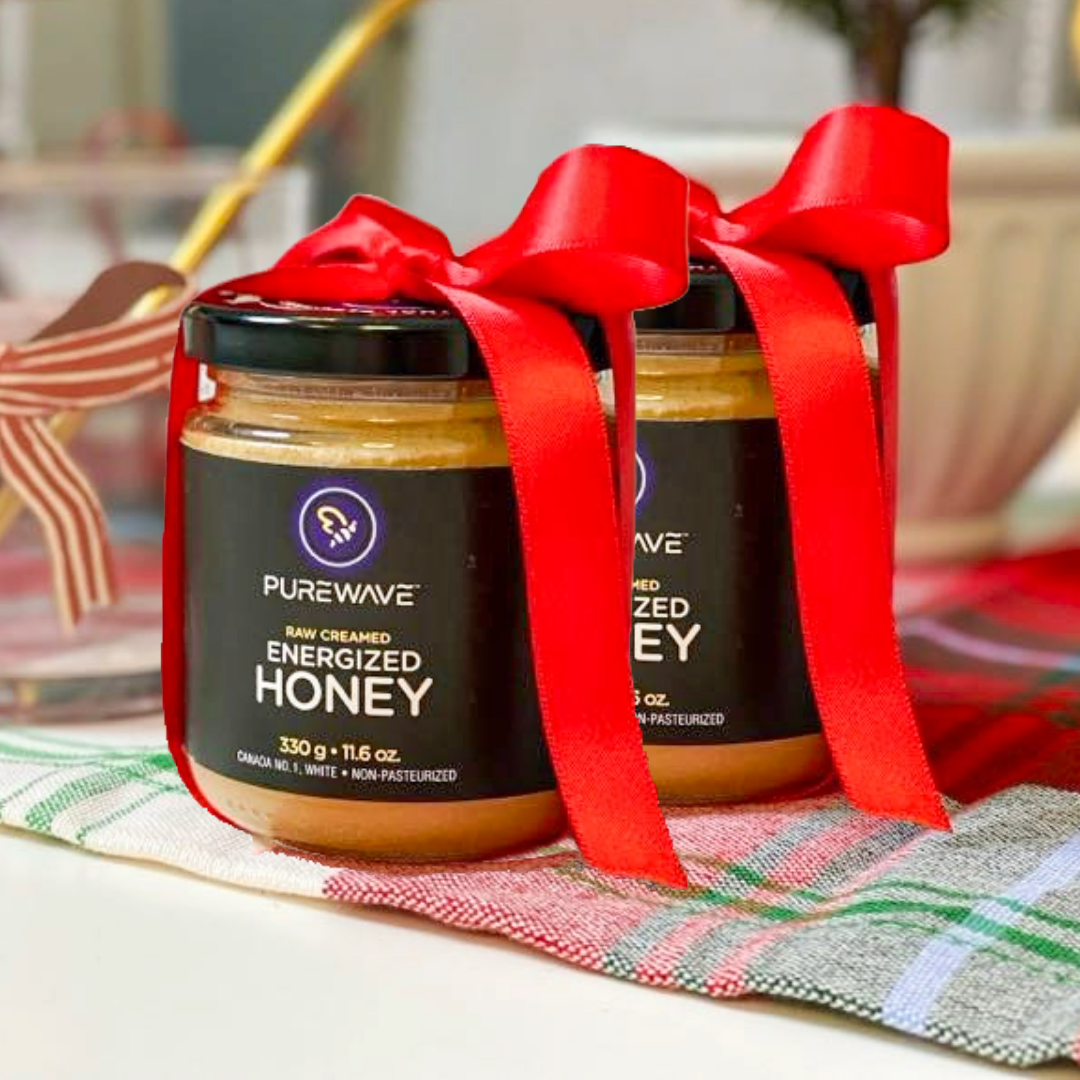
What Happens if Bees Become Extinct?
Share
So we know that bees and diverse pollinators are at serious risk these days with the worst losses on record this past year. Even the Monarch Butterfly was officially added to the Endangered Species List in 2024 so this is all very troubling news. If this trend continues, very soon we will start to see certain foods start to disappear from store shelves, but it gets worse. Plants that can only be pollinated by bees and diverse pollinators will eventually die off because most cannot propagate without pollination from bees and insects. This will quickly cause a ripple effect and may even trigger massive loss of natural habitats, food supply for animals, and eventually the extinction of many species including us.
During this period, the lack of pollinators will cascade into major problems in agricultural practices when it comes to human diets of fruits, nuts and most vegetables as these would be affected first. Without pollination many meat products will become scarce, expensive and eventually unavailable because the meats we eat are from herbivore animals.
Brent Knudsen, CEO of 4RBees says “I think people are generally having difficulty in understanding the importance and seriousness of the bee and pollinator losses we’re seeing today. It’s all happened so fast. We could potentially be looking at extinction level events taking place right before our eyes. Scientists have no real answers let alone solutions but we know that what we do at 4RBees, with the help of our amazing supporters, is working wonders and defying the national averages by magnitude. We just need more people to hear about us and get involved.”
Things do not seem so rosy when you read the results of the Project Apis m. study, but there are still things that people can do to help local bee populations and diverse pollinators, which includes providing them with natural, organic flowers and avoiding any weed killers and pesticides that could harm them or make them sick.
The truth is, if honey bees did disappear for good, humans would probably not go extinct, at least not just for that reason or not right away. Our diets would change dramatically as the variety of foods available would diminish, and the cost of certain products would increase dramatically. There are plenty of foods that we consume regularly that would not be available at all such as apples, avocados, onions, and most berries because they rely on bees for pollination. The disappearance of honey bees, or even a substantial drop in their population, would make those foods scarce. So humanity might survive, but not nearly as well and not nearly as healthily.
What is alarming though is the extreme loss of diverse, wild pollinators, concurrent with honey bee losses. This is the very thing that could potentially wipe most life forms off the face of the earth and why we need to save the bees as much as we can. We may need them to replace the many diverse pollinators that are dying off in the wild.
So what can we do? As always, we recommend browsing through our website and blog posts to search for the many ways that you can support bees and diverse pollinators at home and we can also continue to support 4RBees and share the information with everyone we know. Sooner or later others will wake up to the stark reality of bee and pollinator losses, what it means to each and every one of us and perhaps help support initiatives like 4RBees that are working and helping to save and protect both honeybees and wild pollinators.



